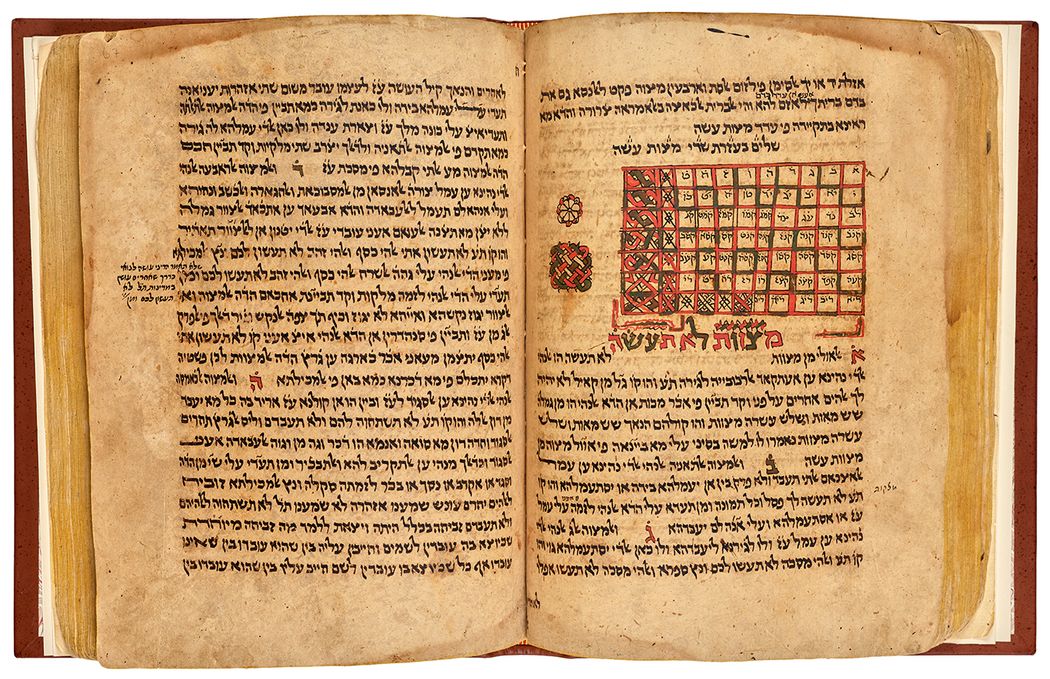Podcast: Yehuda Halper
Recently, the Israeli professor of Jewish philosophy Yehuda Halper joined Mosaic’s editor Jonathan Silver to discuss Maimonides, the Rambam, perhaps the most significant medieval rabbinic sage and Jewish philosopher. They discussed Maimonides’ life and the main genres of his work—his commentary on Jewish law, his codification of Jewish law, his elaboration of philosophic mysteries that he believed are embedded in the biblical and rabbinic corpus, his writings on science and medicine, and his views on the laws pertaining to Torah study.
Halper now returns for another conversation about Maimonides. This week, they look at Hilkhot De’ot, a section of the Mishneh Torah, Maimonides’ great work on Jewish law, whose name means “laws of character traits.” In Hilkhot De’ot, Maimonides introduced a portrait of the human condition, suggesting a moral psychology that can be assessed, trained, and elevated, and a description of the human person as an embodied being with a physical presence. There are profound philosophical and religious questions raised explicitly in this work, and even more profound ones residing just under the surface of the text.
Musical selections in this podcast are drawn from the Quintet for Clarinet and Strings, op. 31a, composed by Paul Ben-Haim and performed by the ARC Ensemble.
More about: History & Ideas, Maimonides







